|
Note: this post is a long one, and lists over 120 books. I included an index below to help navigate it.
Reading List Index:
Hello there reader!
I wanted to compile a list of books across disciplines that might provide the beginnings of a generalist education—for anyone who is eager for such a thing. And so, I did. Full disclosure: I have not read all of these books yet. In fact, I’ve read far too few. However, they are on my reading list, and I will pop some champagne when, and if, I get through them all. I hope you will, too. You can use this resource to find something to put on your summer reading list, or to follow as an all-encompassing, overly ambitious goal. If you are wondering how to become a polymath, then this collection of books is your ticket. My belief is that it includes some of the best books of all time. Occasionally, the writing in this list can be a bit flippant. Did I say flippant? I meant funny. If it's not for you... my sincerest sympathies. Of course, reading works best when you do it well. Before embarking on your reading journey, here are some tools to help you remember what you read, and get better at learning. Science
|
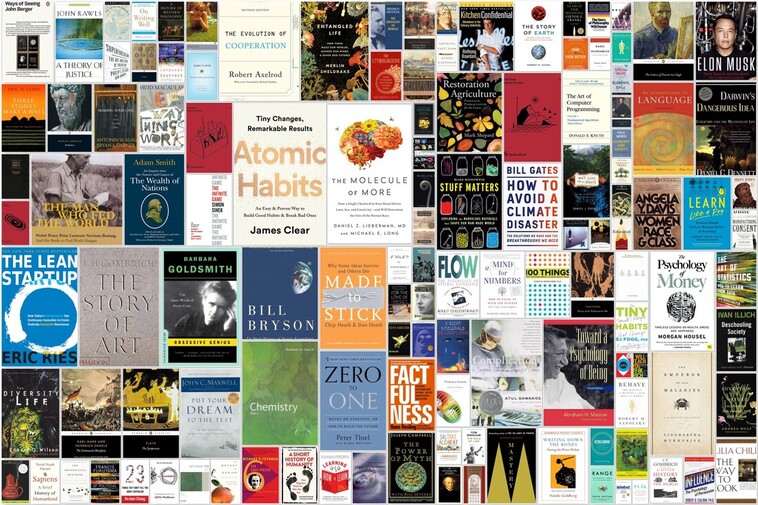
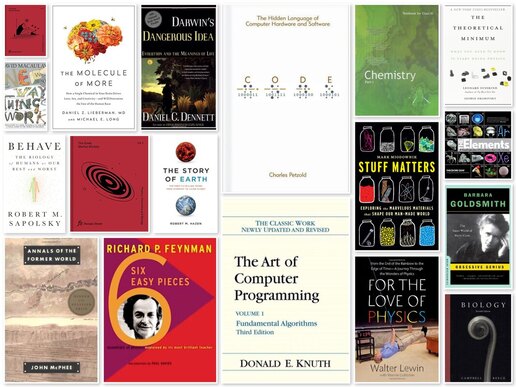
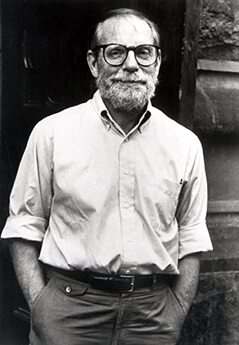
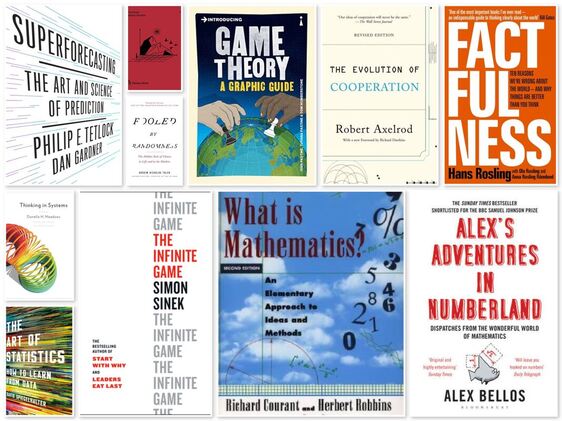
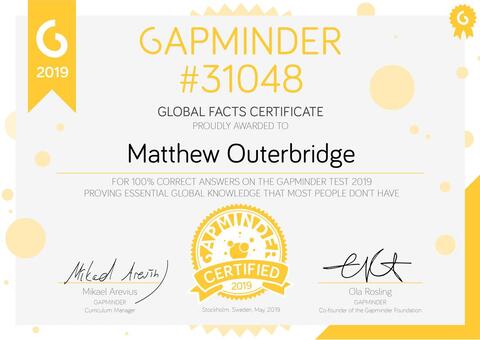
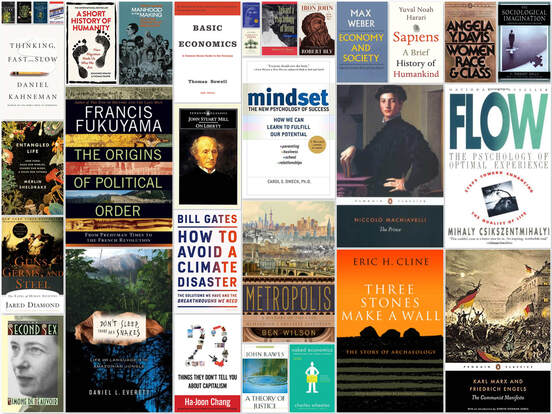

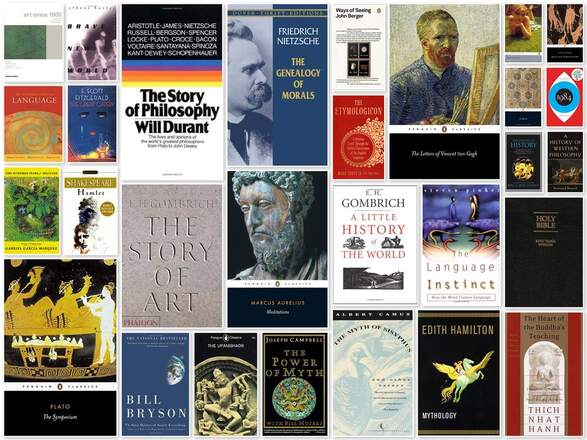
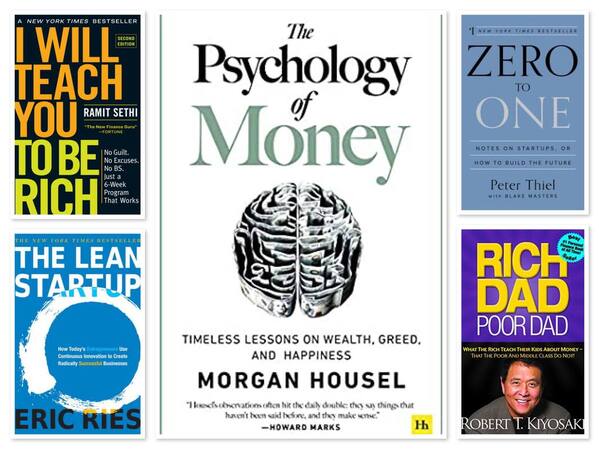
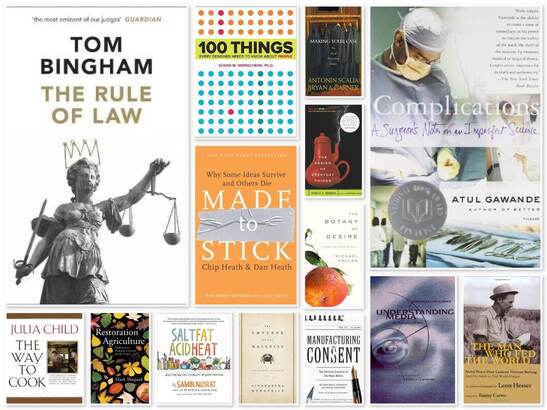
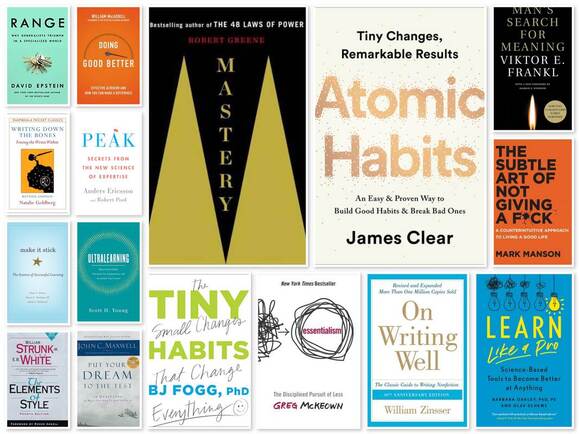
 RSS Feed
RSS Feed
